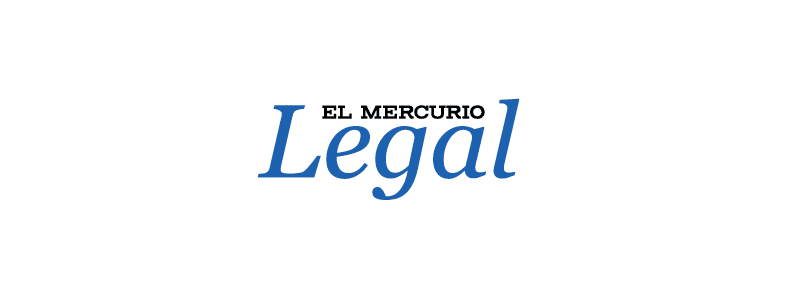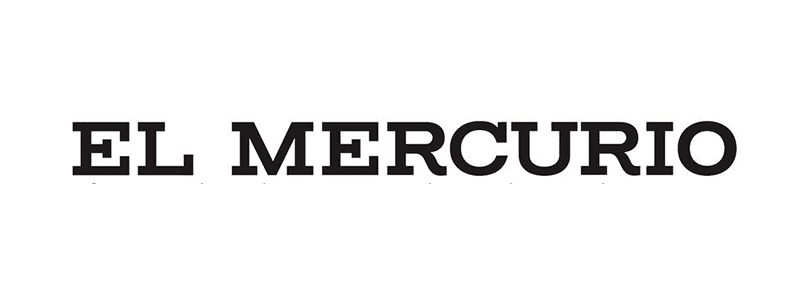We invite you to read the column written by our partner, Rodrigo Albagli, on the legal challenges of 2025 for companies and the key issues to anticipate the new regulations.
The year 2025 is beginning and with it a series of legal challenges for companies. The year that leaves us was marked by the approval of various regulations in the areas of technology, compliance, sustainability and labor, all of which must be implemented in the coming months.
In the technological field, two important regulations were approved in 2024: the Cybersecurity Framework Law and the Personal Data Protection Law. Both seek to promote a culture of protection and security of personal data in organizations. The protection of information is not only a challenge for the leadership of companies, but for all stakeholders: employees, suppliers and customers.
This year will see the implementation of laws such as those on Cybersecurity and Data Protection, which involve new challenges for the private sector. In addition, there will be a full agenda of initiatives that will have an impact on companies.
In sustainability, the REP Law is key. In 2025, the great challenge for companies will be to develop an effective waste management system. Because the law is designed to gradually increase waste collection and recovery targets, progress must be made in creating more facilities to scale up recycling.
In 2025, it will also be essential for companies to continue to promote compliance programs to meet the demands of the new Economic Crimes Act. To be effective, they must include a review of potential risks, training for the entire company and constant monitoring to avoid potential crimes.
In addition, new bills are expected to be introduced in the coming year, such as the one on branch bargaining, which seeks to modify the collective bargaining model. While the current one is a process of social dialogue between unions and employers, the branch bargaining is at the economic sector level, involving more than one company. Organizations must be attentive to identify the changes they will have to make.
On the other hand, several actors are very attentive to the progress of the “Sernac te Protege” project, which promises to grant, at last, sanctioning powers to the agency. If it moves forward, companies will have to review the model they use in their relationship with the authority, since the existence of protocols, guidelines and compliance models will be a minimum.
During 2025, the project on AI could also advance, an initiative of great relevance when considering the importance of regulating its ethical application. Companies should be attentive to its potential approval and, if possible, apply the necessary measures now. In this regulatory scheme, getting ahead of the curve is key.
It is also likely that in 2025 the project on “permitting”, which seeks to reduce processing times for investment initiatives, will advance. Its approval would be very good news and companies should be attentive to prepare themselves for the potential changes.
As can be seen, in legislative terms, the year 2025 is full of challenges, but also of opportunities. The important thing is to prepare in time and push for the right strategies.
Column written by:
Rodrigo Albagli | Partner | ralbagli@az.cl




